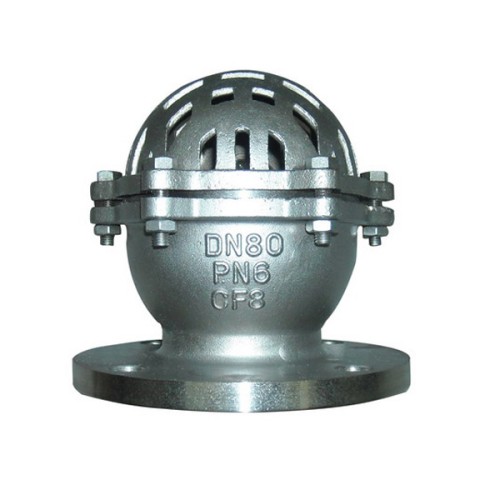Slip-On Flange Adapter for Enhanced Piping Connection and Flexibility in Installations
Understanding Slip-On Flange Adapters A Comprehensive Overview
In the realm of piping systems, the importance of proper connections cannot be overstated. One essential component that plays a critical role in ensuring the integrity and efficiency of these systems is the slip-on flange adapter. This article delves into the design, application, advantages, and considerations related to slip-on flange adapters, providing a clear understanding of their significance in various industries.
What is a Slip-On Flange Adapter?
A slip-on flange adapter is a type of flange that is designed to fit over the end of a pipe, allowing for easy assembly and disassembly. It is a simple yet effective component used to connect pipes, fittings, and other flanges in various piping systems. The slip-on design means that the flange can be easily slipped onto the pipe before being welded in place, making it a popular choice for many industrial applications.
Design Characteristics
The primary design feature of a slip-on flange adapter is its straightforward shape, which resembles a flat disc with a circular opening in the center. The inner diameter of the flange matches the outer diameter of the pipe, allowing for a snug fit. Typically, slip-on flanges are made of materials like carbon steel, stainless steel, or alloy steel, depending on the application requirements.
Additionally, slip-on flange adapters often feature bolt holes around the perimeter, enabling secure attachment to other flanges or components using bolts and nuts. The design is usually compliant with industry standards such as ASME and ANSI, ensuring reliability and compatibility across various systems.
Applications of Slip-On Flange Adapters
Slip-on flange adapters find extensive usage in a variety of industries, including
1. Oil and Gas In the oil and gas sector, where rigorous pressure and temperature conditions prevail, slip-on flange adapters play an integral role in connecting pipelines, ensuring a secure and leak-free operation.
2. Chemical Processing Chemical plants often require the use of slip-on flanges to facilitate connections between pipes and vessels due to their ease of installation and versatility in handling corrosive substances.
slip on flange adaptor

4. HVAC Systems In heating, ventilation, and air conditioning systems, these adapters help in connecting ductwork, optimizing airflow and energy efficiency.
Advantages of Using Slip-On Flange Adapters
There are several advantages to using slip-on flange adapters in piping systems
- Easy Installation One of the most significant benefits of slip-on flanges is their straightforward installation. The design allows for quick assembly without the need for complex alignment, minimizing labor costs and time.
- Flexibility Slip-on flange adapters are versatile and can accommodate varying pipe sizes and configurations, making them suitable for a wide range of applications.
- Cost-Effectiveness Compared to other types of flanges, slip-on flanges are generally more economical both in terms of initial purchase price and installation costs.
- Reduced Risk of Leaks When properly welded, slip-on flanges provide a robust connection that significantly reduces the likelihood of leaks, a crucial aspect in high-pressure applications.
Considerations When Using Slip-On Flange Adapters
While slip-on flange adapters have numerous benefits, there are certain considerations to keep in mind. Proper welding techniques are essential to ensure a leak-proof seal; inadequate welding can lead to failures that may compromise system integrity. Additionally, users should ensure that the selected flange matches the material and pressure rating of the connected pipes to avoid mismatched components.
Conclusion
In summary, slip-on flange adapters are an indispensable component in modern piping systems across various industries. Their design simplicity, ease of installation, and versatility make them a preferred choice for many applications. By understanding the features and advantages of slip-on flanges, engineers and technicians can optimize their systems for better efficiency and reliability. Whether in oil and gas, chemical processing, water treatment, or HVAC systems, slip-on flange adapters play a vital role in maintaining the functionality and safety of piping operations.
-
The Key to Fluid Control: Exploring the Advantages of Ball Valves in Industrial SystemsNewsJul.09,2025
-
The Versatile World of 1, 2, and 3 Piece Ball ValvesNewsJul.09,2025
-
Stainless Steel Ball Valves: The Ideal Choice for Efficient Flow ControlNewsJul.09,2025
-
Optimizing Fluid Control with Ball Float ValvesNewsJul.09,2025
-
Manual Gate Valves: Essential for Control and EfficiencyNewsJul.09,2025
-
Everything You Need to Know About Butterfly ValvesNewsJul.09,2025
-
The Versatility of Wafer Type Butterfly ValvesNewsJul.08,2025




